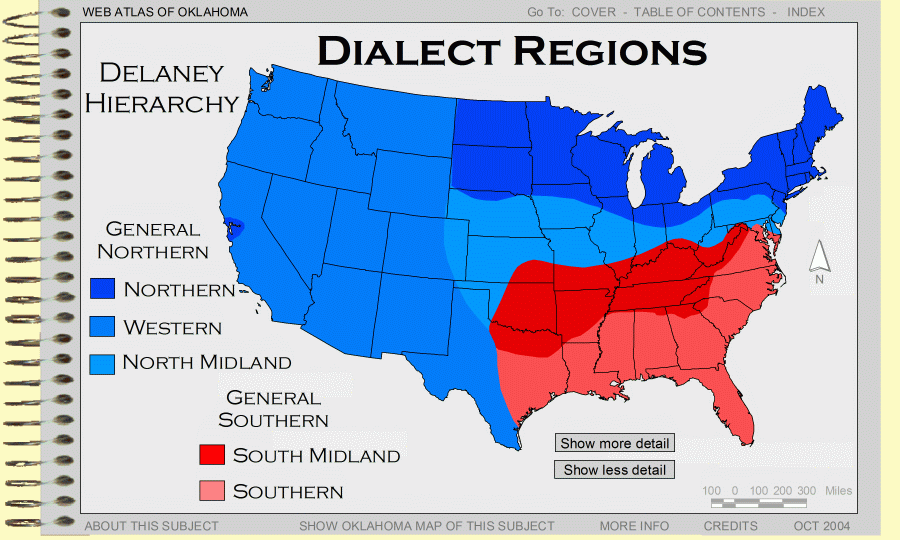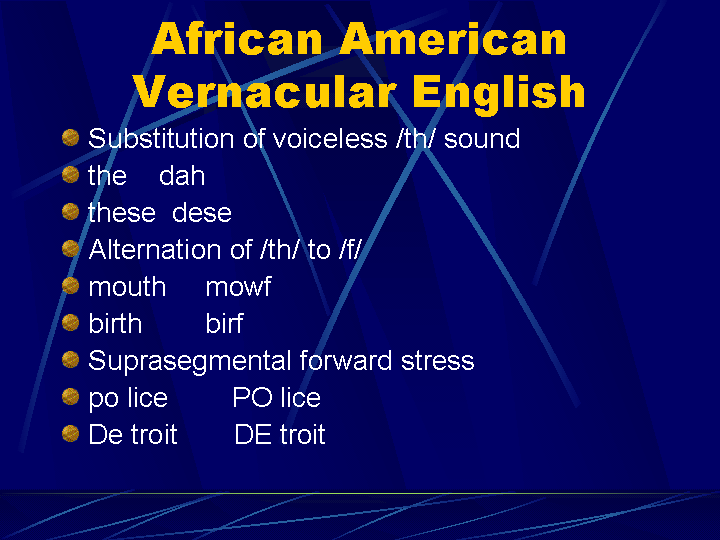The Role of Culture in Articulation Disorders
When is Articulation Disorder More than an Accent or Dialect?
If beauty is in the eye of the beholder, then sometimes the speech disorder is in the ear of the listener. If you’ve done any travelling, live in a large city with cultural depth, or have moved from one state to another, you have probably noticed various accents and dialects within the same language. When it comes to articulation disorders, sometimes it is actually more dialectal difference than actual disorder.
Articulation Disorders
Typical articulation disorders that emerge in childhood might include any of the four following:
- Adding – new sounds are added to words, such as a child saying /incredibubble/ instead of /incredible/
- Deleting – a sound is deleted from the word, such as a child saying /do/ instead of /dog/
- Distorting – the sounds are altered, such as a child saying /grampa/ instead of /grandpa/
- Substituting – a new sound is substituted for an original, such as a child saying /free/ instead of /three/
In fact, many times very young children are just experimenting with language and these signs of disorders are outgrown by the time the first day of kindergarten has arrived. For some kids, however, these articulation disorders persist and speech therapy is used to help them overcome these communication hurdles.
Accents and Dialects Vary by Region
But what if you were born on the East Coast in Boston and your “R” sounds nothing like the “R” spoken by the man from the Midwest. Do one of you have an articulation disorder? No – it is a difference in dialects and accents and not speech disorders as the cause. It is imperative that SLPs account for culture in articulation disorders, including accent and dialect. Accent refers to the way a person sounds, and a dialect is the way that accent combines with the specific grammar of that person. For most of the population, there isn’t even a difference between the definition of dialect and accent, unless you’re passionate about linguistics.
It is this idea of dialect that has some in the communication world taking a stand when it comes to articulation disorders – or non-disorders as the cases may be. Even though the English language is generally known as one, singular language, with guidelines and expectations for grammar and speech patterns, in the deep, dark depths of communication lingo it has been divided into different dialects. General American English (GAE) or Standard American English (SAE), is what many Americans think of when they think of the mainstream English language. However, there are other dialects, such as African American English (AAE) which is the primary language spoken in many communities in the United States.
Some fascinating studies have shown that children who were identified as having articulation disorders had similar rates of improvement whether they spoke AAE or GAE as their primary language. But this doesn’t mean that people with dialects other than those native to physicians and speech language pathologists always receive accurate diagnoses and treatment plans. Sometimes the AAE is so heavy in dialect that a misdiagnosis of an articulation disorder occurs. There is also no evidence that raising bilingual children has a negative effect on speech development, and they are just as likely of developing a speech disorder and just as capable of reacting to speech therapy as monolingual children.
How Do I Know if it is an Articulation Disorder or Dialect?
There is no magic answer, but understanding whether or not the communication patterns of a person requires speech therapy depends in part on the goals. If the goal is to enter media, acting, or another avenue of public speaking, it might be expected that a certain dialect is spoken. If you’re just worried, though, whether or not your 8-year-old is being understood by his teachers, try the following.
- Find an SLP who is extremely competent in the studies of dialects.
- Look for an SLP who is aware of cultural differences that affect speech therapy environments.
- If your child is bilingual, make sure the SLP is evaluating your child with a thorough history of family speech patterns and accounts for the influence of both languages.
If you as an adult have been advised by your Human Resources manager to seek “communication” training, it might be that you actually need what is known as accent modification. This is not usually seen as much as formal speech therapy as communication skill building, but there are speech therapy service providers who do work with accent modification.






